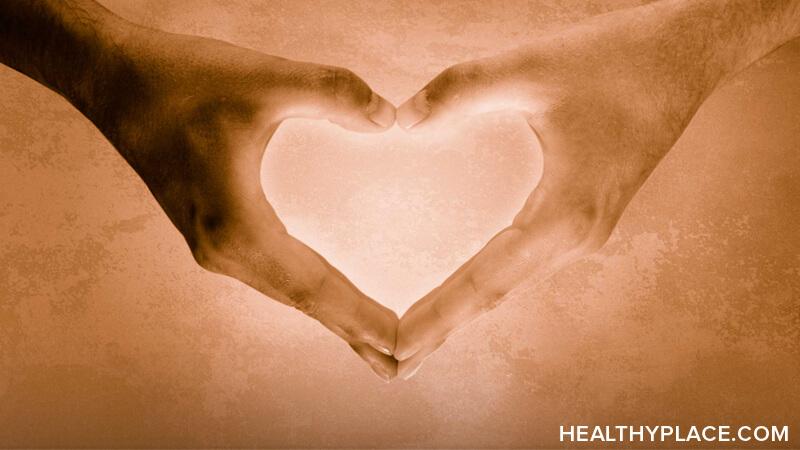There are precious few things to be optimistic about when one is depressed, so you must be thinking I'm cuckoo. Well, allow me to explain. The way I see it, nihilism is a school of thought which believes that life is meaningless. Needless to say, that's a depressing point of view. Optimistic nihilism is, therefore, a brighter outlook than mere nihilism as it proposes that since life is meaningless, we are free to give it whatever meaning we choose.
Why Optimistic Nihilism Can Help Depression
Why does an attitude of optimistic nihilism help someone with depression? I believe there are two reasons behind this: one, depression not only makes one lose interest in goals and hobbies, but it can also make that person experience an existential crisis. Speaking from personal experience, an existential crisis occurs when you question the meaning and purpose of your life.
The duration, intensity, and recurrence of the crisis vary from person to person, but the result is typically the same: despair, depression, anxiety, and stress. This is because many of us are not living life on our own terms, or we are setting unrealistic expectations owing to social conditioning. Existential crises make depression worse, and depression worsens existential crises. This is a vicious cycle that can be broken when one rejects rigid social norms regarding what makes your existence meaningful.
Constantly Redefine Your Purpose
To keep depression at bay, it is important to find purpose in the things that matter to you. This is where optimistic nihilism can help you. Watch the video below to get an idea of how I incorporate this philosophy in my life.
Seeking Professional Help for Optimistic Nihilism
Optimistic nihilism seems easy to execute in theory, but in reality, it can be quite challenging. I have found myself gravitating towards full-blown nihilism at times. In fact, as recently as two days back, I was tempted to shave off my eyebrows. I was tweezing my eyebrows and suddenly got the urge to get rid of them, because everything is pointless, right? I stopped myself in the nick of time somehow.
Of course, this was a low-stakes situation, but you can imagine how it can escalate to something life-threatening. It's easy to remove the optimism from nihilism. Plus, optimistic nihilism is not a cure for depression, it's not a replacement for therapy, and it's definitely not a stand-in for psychiatric medication. If you find yourself depressed and/or suicidal, please consult a mental health professional.
















